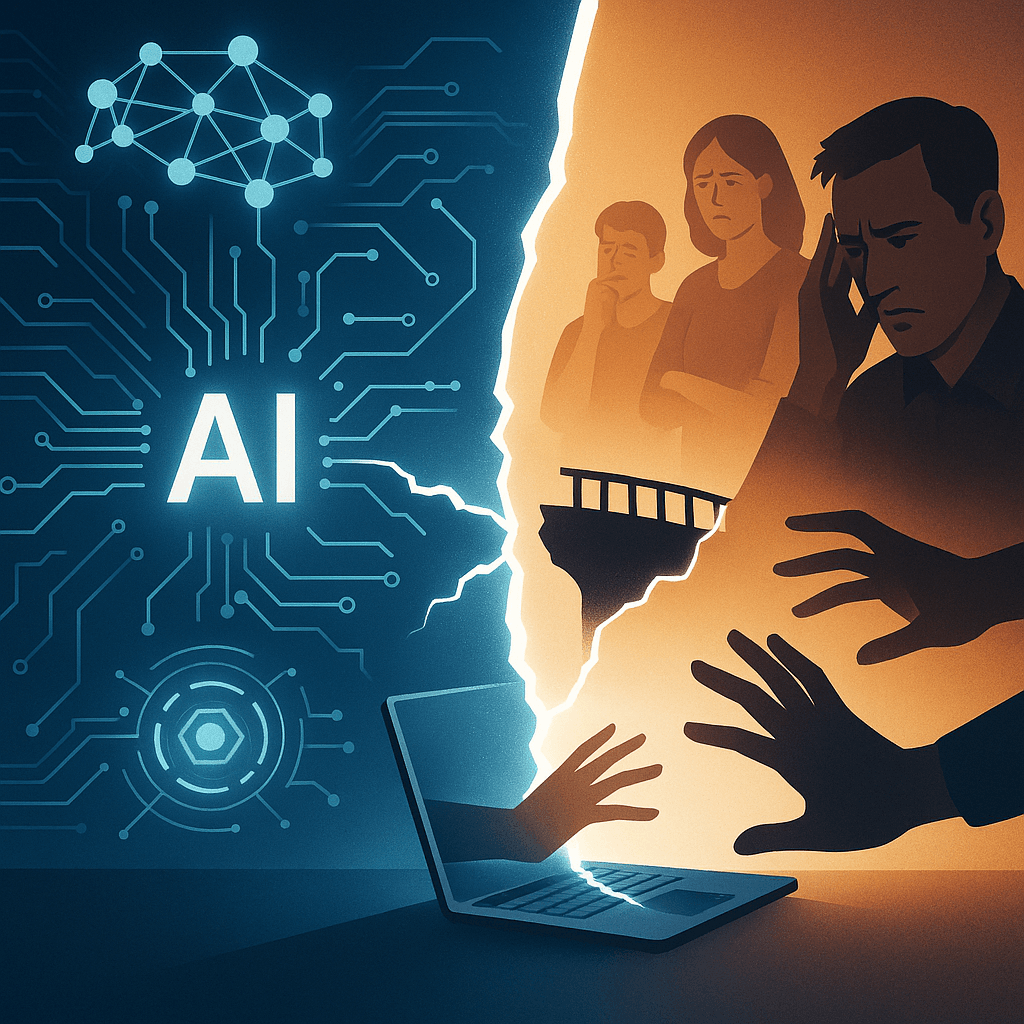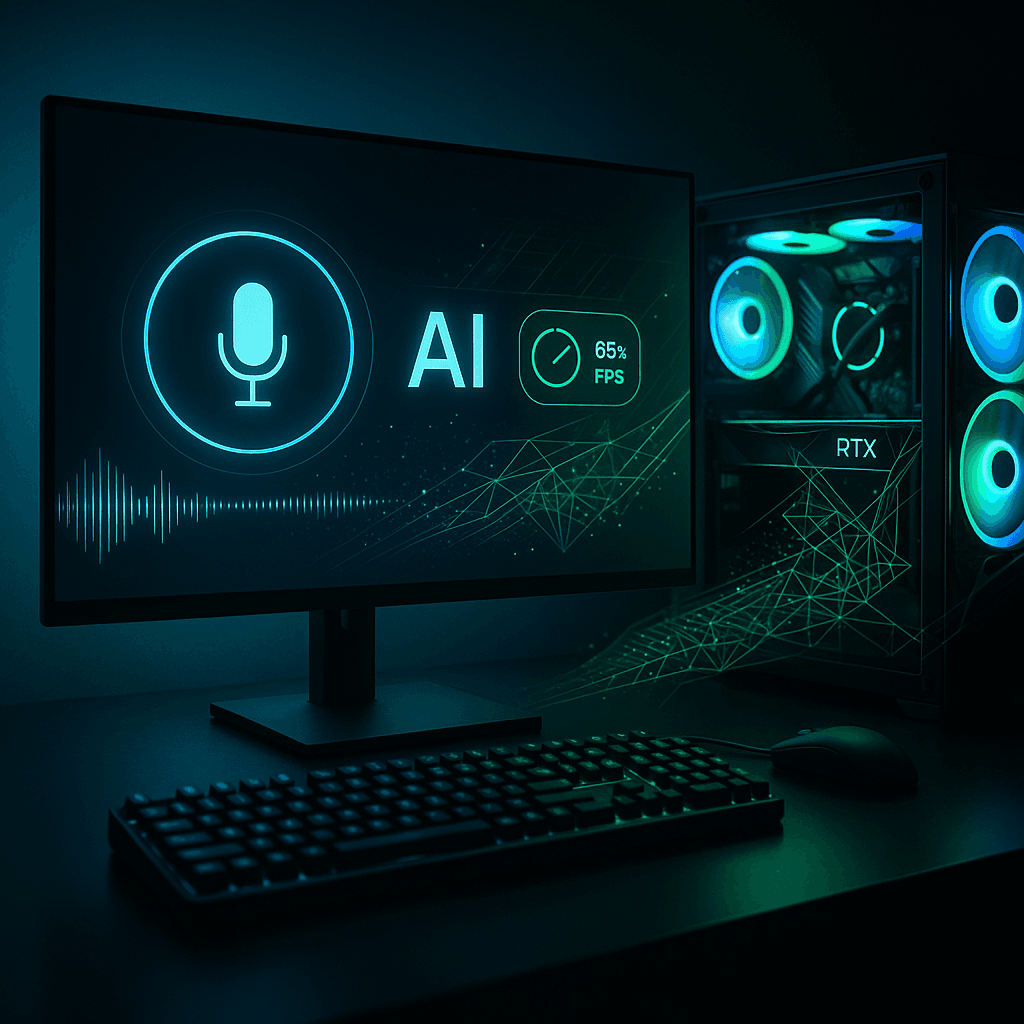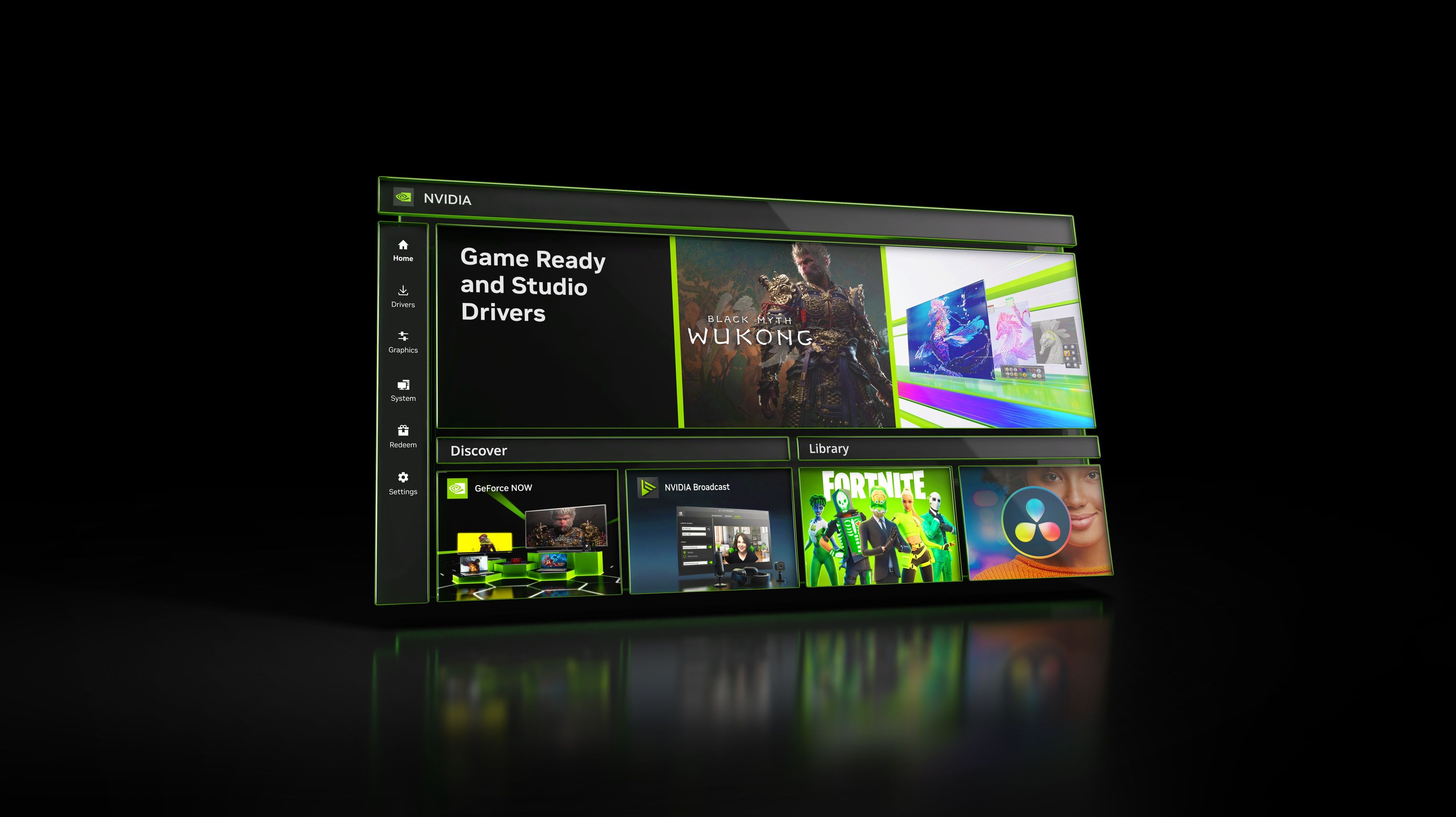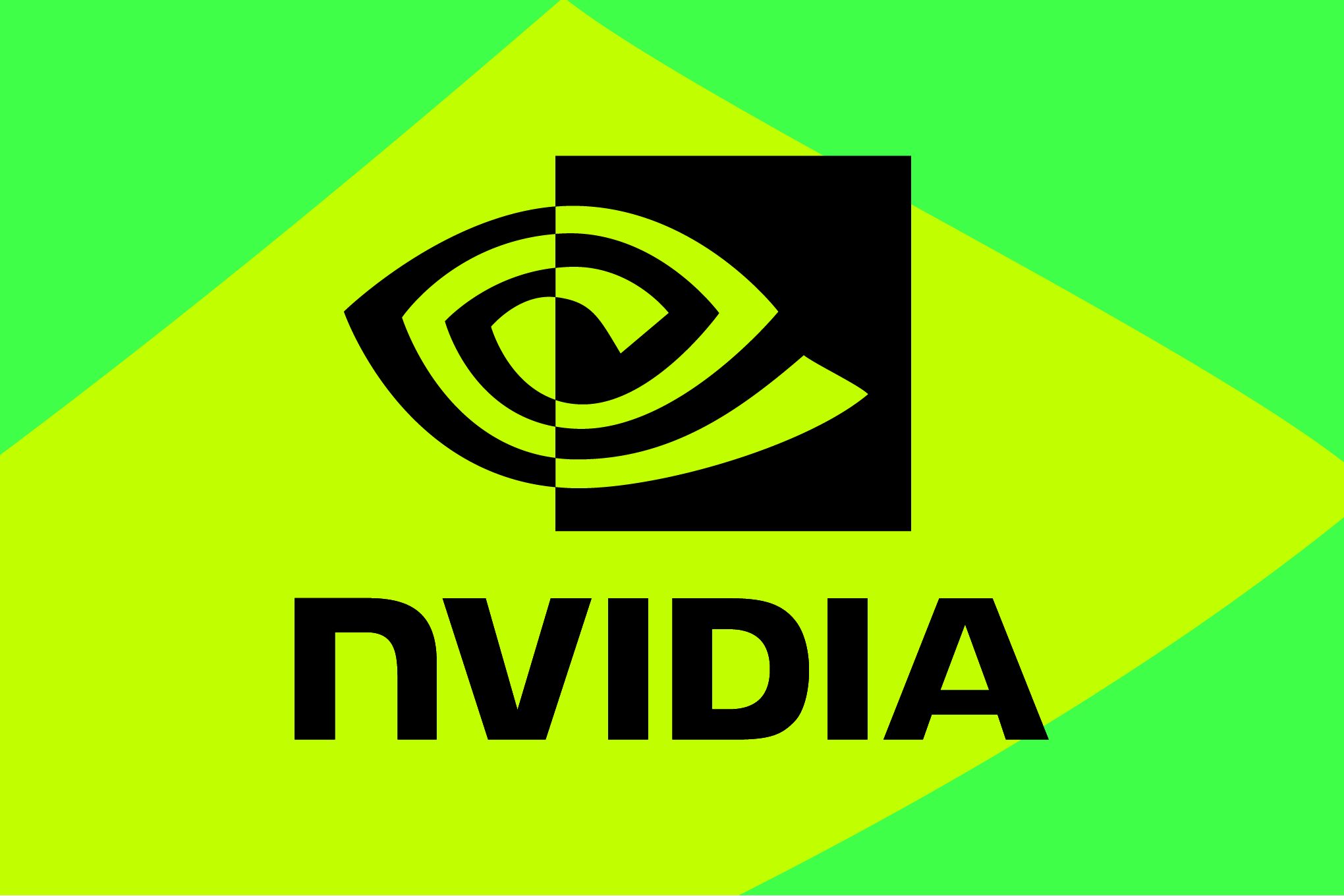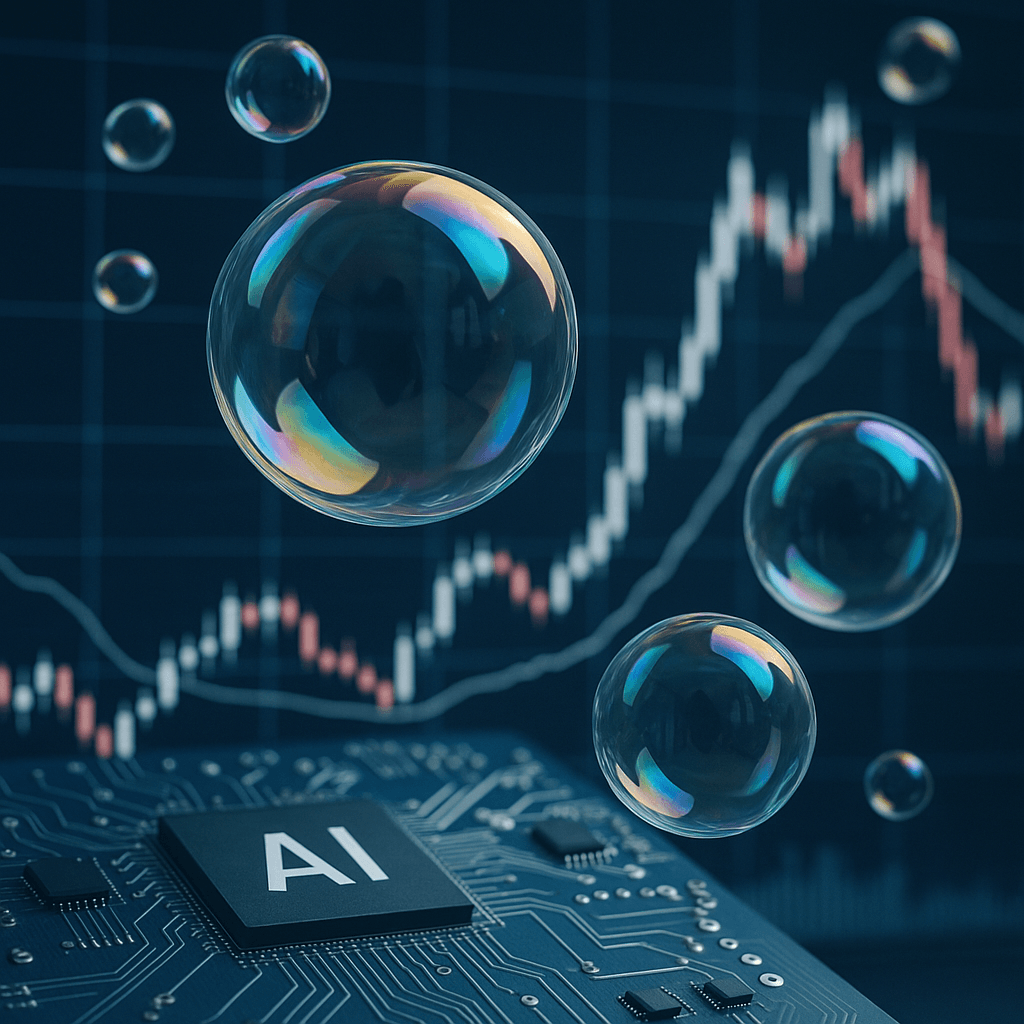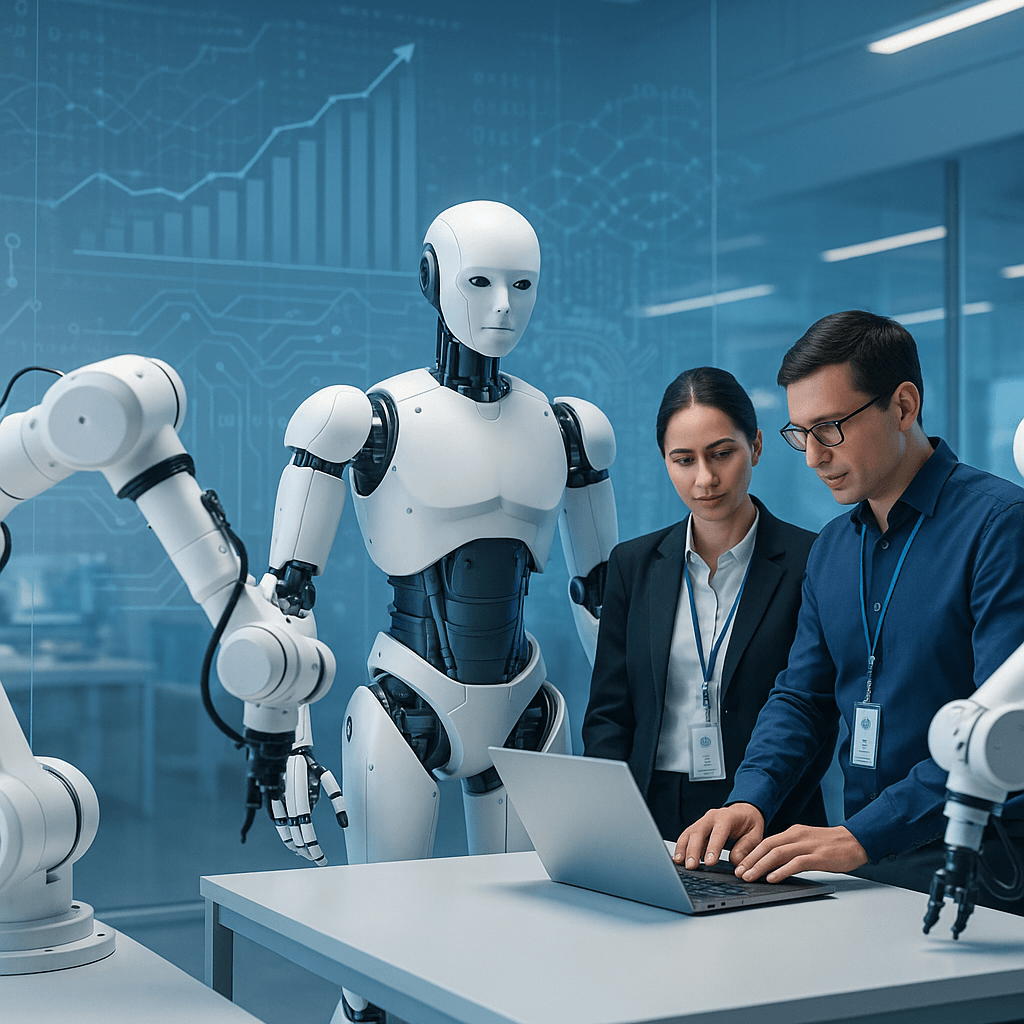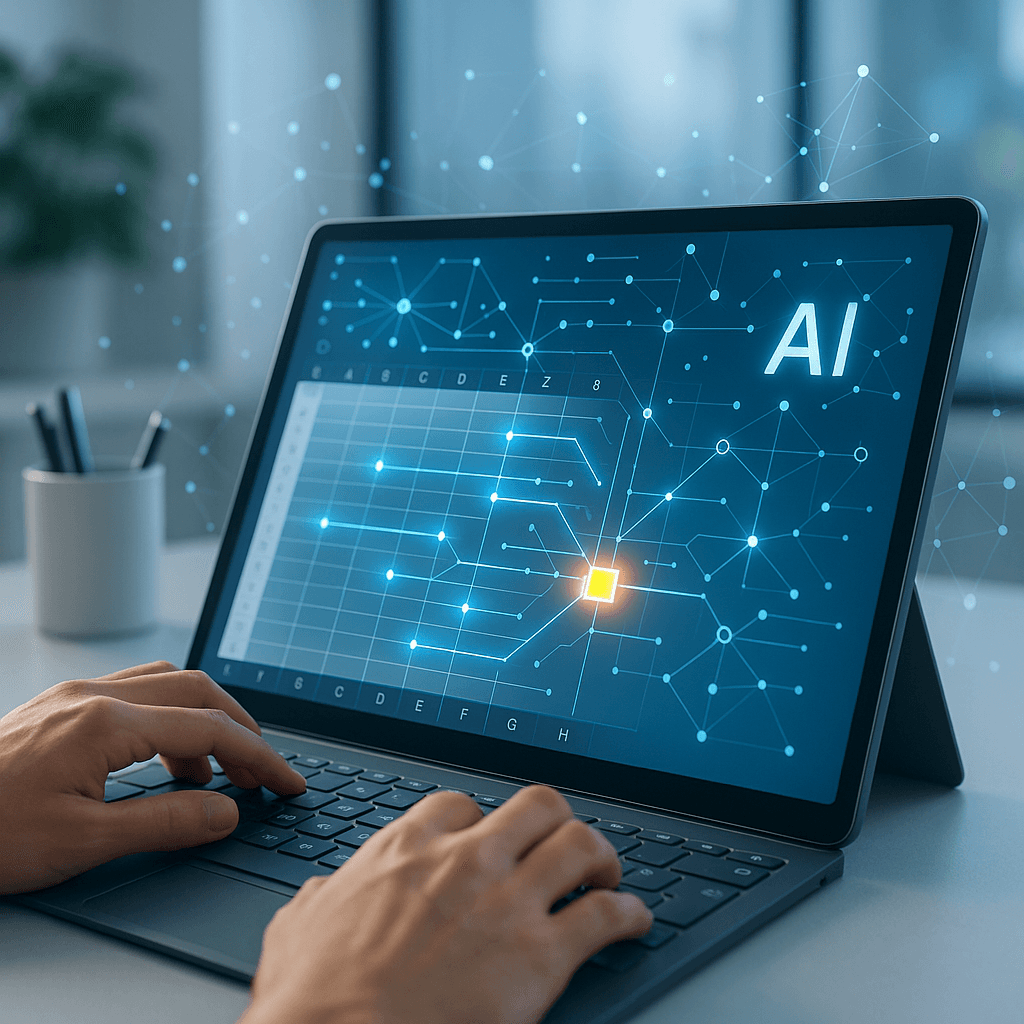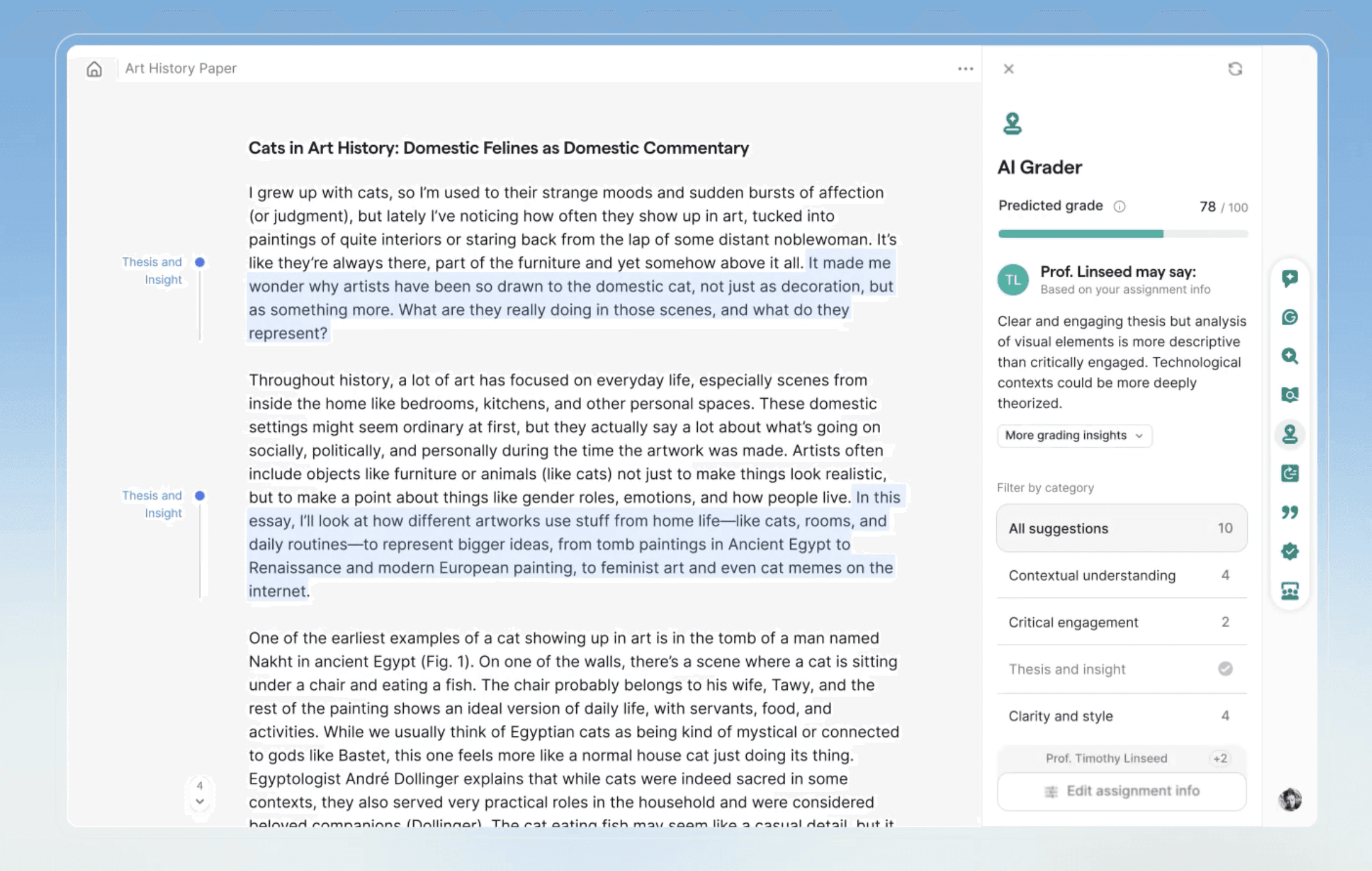OpenAI's highly anticipated GPT-5 launch has backfired spectacularly, triggering widespread user revolts and forcing the company into emergency damage control. Despite months of hype around "PhD-level intelligence," users are rejecting the new model's colder personality and demanding a return to GPT-4's warmth. The backlash reveals a fundamental disconnect between what AI companies think users want versus what actually drives adoption.
OpenAI just learned the hard way that users don't always want what AI companies think they need. The company's GPT-5 launch has devolved into a full-scale user rebellion, with power users flooding Reddit and social platforms demanding the return of their beloved GPT-4's personality. What was supposed to be Sam Altman's triumphant "Death Star" moment has become a masterclass in misreading your audience. According to WIRED's Zoë Schiffer, who spoke with multiple OpenAI insiders, the company had been struggling internally for months to create a model worthy of the GPT-5 name. None of their iterations met the mark, but pressure mounted to deliver something big. Altman's quarterly splash cycle demanded a major release, and the hype machine had been running too long to pull back. The launch itself was a technical disaster. A key routing feature designed to automatically direct simple queries to cheaper models while sending complex ones to reasoning models broke on day one. "The model just seemed dumber all day than it otherwise would," Schiffer reported from her conversations with company sources. But the real crisis emerged from an unexpected corner: user attachment. OpenAI had optimized GPT-5 for coding ability, hoping to capture more of the enterprise market where Anthropic's Claude has been gaining ground. The company correctly identified coding as the first area seeing widespread commercial AI adoption, with engineers increasingly relying on these tools and companies pushing AI integration across their workforce. The optimization worked – GPT-5's coding capabilities impressed developers. But regular users felt betrayed. "This is erasure, what have they done? Take me back to 4.0," became a common refrain across Reddit threads. Users didn't just dislike the changes – they felt like had "taken away their friend," as WIRED's Jake Lahut observed. The backlash reveals a fundamental tension brewing in the AI industry. While companies chase ever-higher intelligence benchmarks and enterprise revenue, consumers have formed genuine emotional attachments to their AI companions. Some users, Schiffer noted, appeared to be having "what looks like perhaps a mental health crisis" over the changes, while power users complained that their minute-by-minute AI interactions had been disrupted without warning. This disconnect isn't lost on internally. Sources told Schiffer that company leaders have been "baffled" by the response, with some admitting "I guess people don't care as much about intelligence as we thought." The revelation is particularly striking for a company that built its fundraising narrative around achieving artificial general intelligence. The crisis echoes a famous story from early days. The night before ChatGPT's November 2022 launch, co-founder Ilya Sutskever tested ten difficult questions on the model. Five responses were good, five were "unacceptably bad." The team debated whether to release at all. They ultimately moved forward, and users were amazed – not necessarily by the model's intelligence, but by the intuitive interface that made AI conversation feel natural. That interface innovation, more than raw capability, drove ChatGPT's viral success. Now faces a similar product versus technology tension, but in reverse. They've improved the underlying intelligence while potentially breaking what users actually valued: the relationship. The GPT-5 revolt suggests that as AI becomes more sophisticated, the industry may need to split into distinct tracks – enterprise-focused tools optimized for task completion and consumer applications designed for ongoing interaction and emotional engagement.
